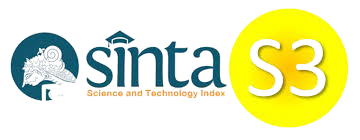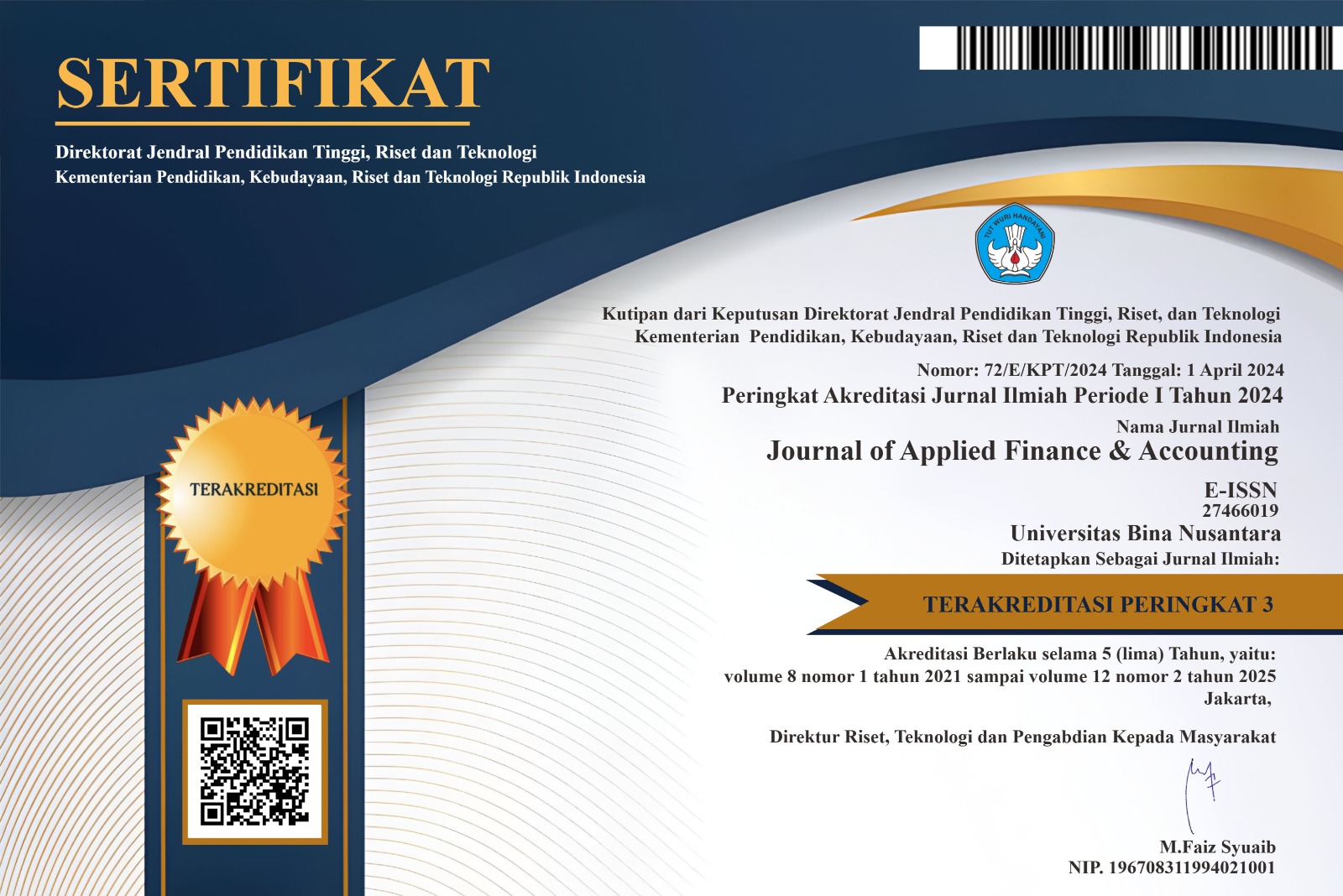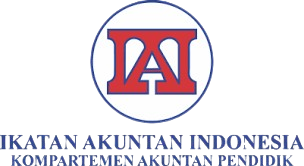EVALUASI EFEKTIVITAS SISTEM INFORMASI MANAJEMEN DAN AKUNTANSI BARANG MILIK NEGARA ( SIMAK-BMN ) DI DEPARTEMEN KEBUDAYAAN DAN PARIWISATA REPUBLIK INDONESIA
DOI:
https://doi.org/10.21512/jafa.v5i1.433Keywords:
Effectiveness, Information Systems, SIMAK-BMN, goods belonging to the State.Abstract
The Government obligate to secure BMN. The security include physical security, administrative, and legal secure. In order to secure the necessary administrative administration system that can create a control (controlling) on BMN. Thus the necessary tools in the form of system that can simplify the administration and control of BMN. Management Information Systems and Accounting State Assets (SIMAK-BMN) was organized with the aim to produce the necessary information as a tool of accountability for the implementation of the budget and management / control BMN controlled by an accounting unit of goods. But until now has not carried out an evaluation of the level of keefektivitas SIMAK-BMN especially in the Ministry of Culture and Tourism. Therefore conducted a study to determine the factors that influence the effectiveness of SIMAK-BMN. So this study can be useful for applications maker SIMAK-BMN in knowing what the important factors that must be considered to improve the effectiveness of SIMAK-BMN which have been implemented. The result is that the factors that influence the effectiveness of SIMAK-BMN are Facility, Usability and Quality Systems. Without the factors above, it is very unlikely that SIMAK-BMN can operate effectively.
Downloads
Published
Issue
Section
License
Authors who publish with this journal agree to the following terms:
Authors retain copyright and grant the journal right of first publication with the work simultaneously licensed under a Creative Commons Attribution License that allows others to share the work with an acknowledgement of the work's authorship and initial publication in this journal.
Authors are able to enter into separate, additional contractual arrangements for the non-exclusive distribution of the journal's published version of the work (e.g., post it to an institutional repository or publish it in a book), with an acknowledgement of its initial publication in this journal.
Authors are permitted and encouraged to post their work online (e.g., in institutional repositories or on their website) prior to and during the submission process, as it can lead to productive exchanges, as well as earlier and greater citation of published work (See The Effect of Open Access).




